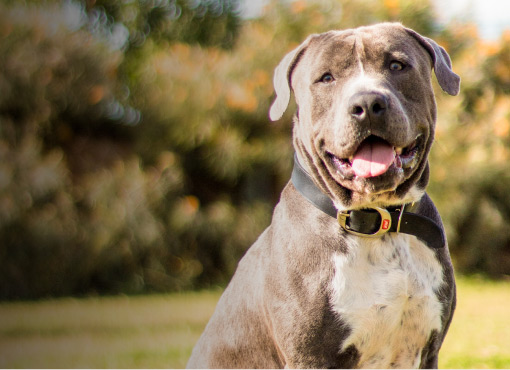With RSPCA’s Operation Wanted campaign in full swing, there is a strong focus on the crippling effect that cat overpopulation has on animal welfare.
Queensland Veterinarian and Australian Veterinary Association (AVA) Executive Committee member, Dr. Michael O'Donoghue BVSc in conjunction with RSPCA Queensland Principal Scientist, Dr Mandy Paterson BVSc, PhD conducted a research study asking Queensland veterinarians at what age they recommend pet cats be desexed and compared that to when they were actually being desexed. This project yielded some important cat desexing findings.
“What we found was the actual age desexing was occurring [was] a lot later than what vets were recommending.”
“It is obvious what is happening out there. And that is that there is still a lot of vets recommending people desex cats at six months of age – but they are still not getting them in at six months – they are coming in at seven months or eight months or even later.”
By this age, most of these cats will be pregnant or have had a litter of kittens.






